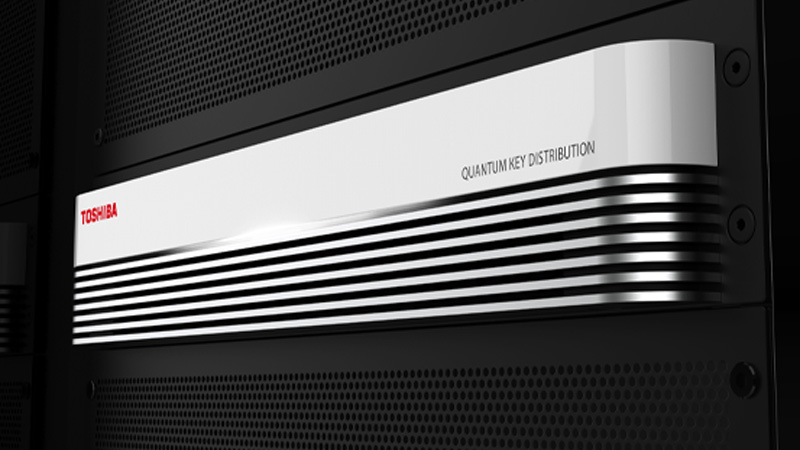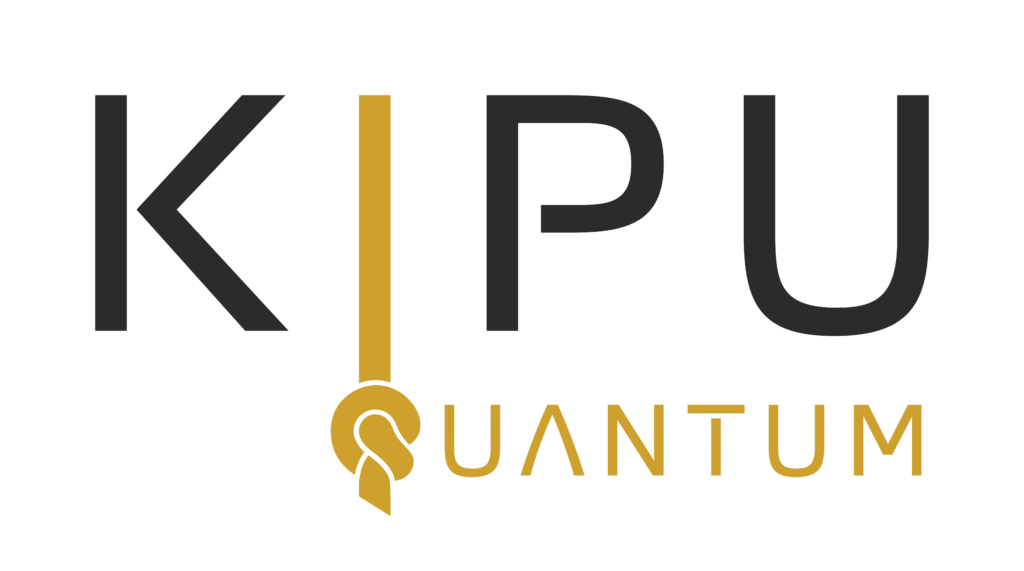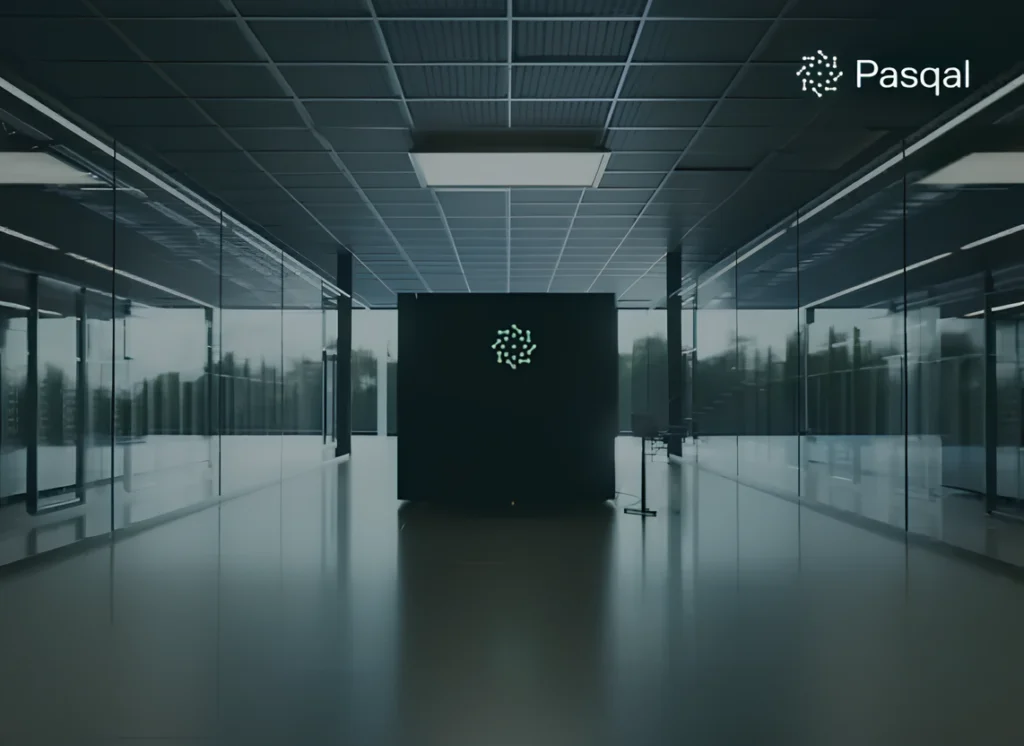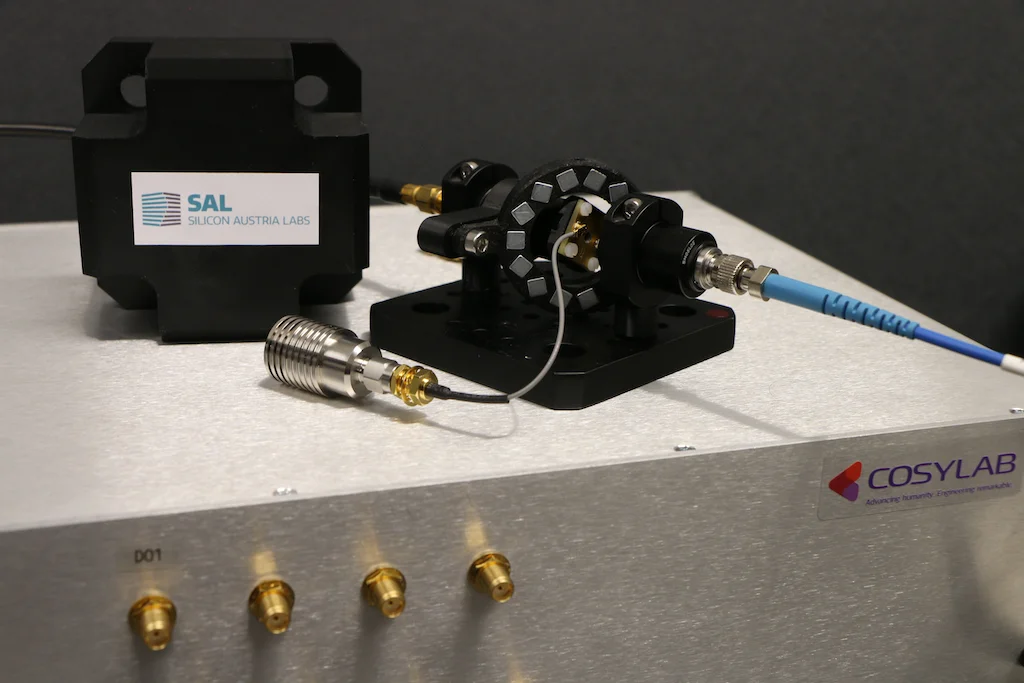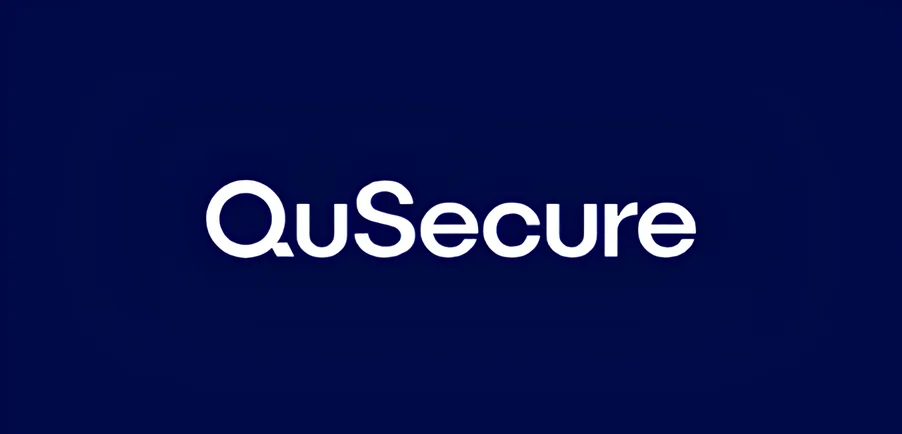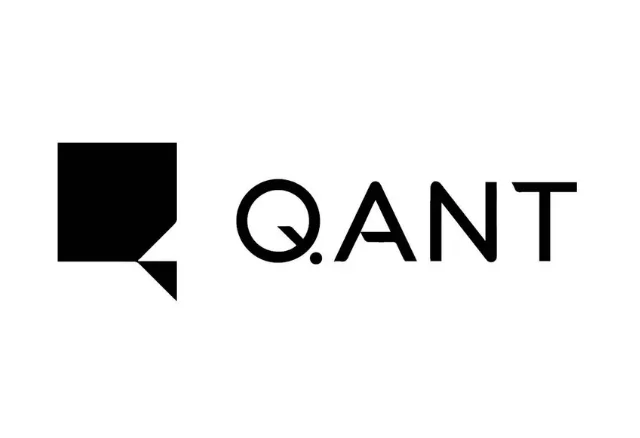Insider Brief
- Toshiba sees that quantum computers pose a serious threat to the security of the digital economy.
- Toshiba’s Quantum Key Distribution (QKD) is an example of a quantum-secure method of data transmission to help make networks resilient against quantum threats.
- In February 2022, JPMorgan Chase, Toshiba, and Ciena collaborated to demonstrate the viability of the first Quantum Key Distribution (QKD) network.
PRESS RELEASE — Quantum computers have the potential to decrypt sensitive data transmitted across ordinary networks, posing a threat to the security of the digital economy. Industries with sensitive and long-lasting data, such as financial services, are particularly at risk from these attacks.
Malicious actors have already begun collecting encrypted data, anticipating a future breakthrough in quantum computing that would enable them to decrypt it. These attacks, known as “harvest now, decrypt later,” target industries like banks and government departments, taking advantage of the slow aging of important data. To address this, organizations must be proactive and ensure their networks are protected by quantum-safe encryption well in advance.
Quantum secure networks are the only solution to protect data from interception and decryption, even by quantum computers. Adopting these networks aligns with the United Nations’ Sustainable Development Goal of developing reliable, sustainable, and resilient infrastructure.

Toshiba’s Quantum Key Distribution (QKD) is an example of a quantum-secure method of data transmission that distributes ultra-secure encryption keys, making networks resilient against quantum threats. Toshiba’s QKD technology has been developed over two decades and can be deployed over existing fiber networks, making it a mature and world-leading solution.
In February 2022, JPMorgan Chase, Toshiba, and Ciena collaborated to demonstrate the viability of the first Quantum Key Distribution (QKD) network, ensuring security for mission-critical blockchain applications. In March 2022, Toshiba Group and KT joined forces for Quantum Key Distribution pilot projects in South Korea. In April 2022, EY became the first commercial customer for the Quantum-Secured Metro Network (QSMN), the World’s first commercial trial for QKD network built using Toshiba QKD hardware and key management software across BT’s fibre network. And recently in July 2023, HSBC became the first bank to join the UK’s pioneering commercial quantum secure metro network.
In Southeast Asia, Toshiba launched a Quantum Networks EXperience Centre (QNEX) located in Singapore and operated by its partner SpeQtral Pte. Ltd. (SpeQtral) to demonstrate quantum key distribution (QKD) technology and its real-world applications in securing critical infrastructure and sensitive data. A joint partnership between SpeQtral and SPTel recently submitted proposal to the Infocomm Media Development Authority (IMDA) to build National Quantum-Safe Network Plus (NQSN+) in Singapore.
By adopting quantum-secure methods, financial institutions can protect sensitive data, secure customer trust, and prepare for the quantum era. Toshiba is committed to developing solutions that protect the security of people and organizations from emerging threats.

